Great for a spaceship?
It cleans the air five times as efficiently as normal plants.

SpaceX continues making news in 2018. The company first broke its own record from 2017 when it passed 18 launches in year. On Sunday, from Cape Canaveral, Florida, SpaceX launched another record-setting rocket… this one for U.S. national security. Arash Arabasadi reports.
Seasons Greetings to “all of you on the good Earth”
50 years ago today in 1968, the first crewed mission to the moon, Apollo 8, entered lunar orbit on Christmas Eve. Celebrate the #Apollo50 anniversary with us: https://go.nasa.gov/2EBJnqq
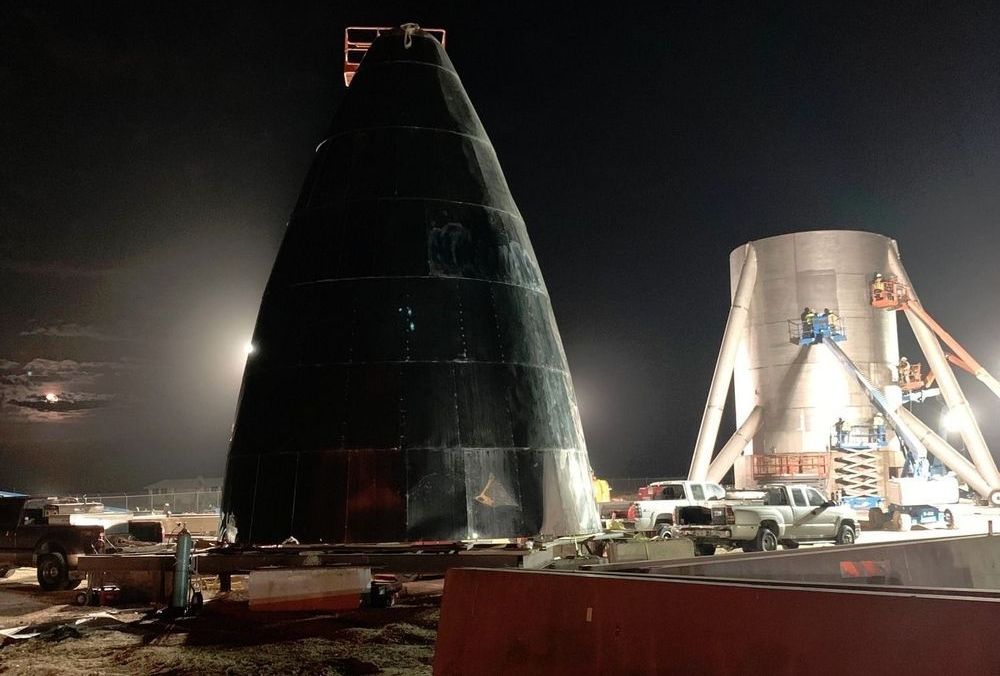
It was just last month that Elon Musk took to Twitter to unceremoniously announce that he was changing the name of the crew module and rocket booster of SpaceX’s BFR rocket program to “Starship” and “Super Heavy,” respectively. Now, in another spontaneous update from Musk via Twitter, we’re getting our first good look at the Starship section in all its stainless steel glory.
In the early morning hours, Musk tweeted out an image of the top section of the spacecraft with the simple caption “Stainless Steel Starship,” before following up with a few additional details about the progress of the program.
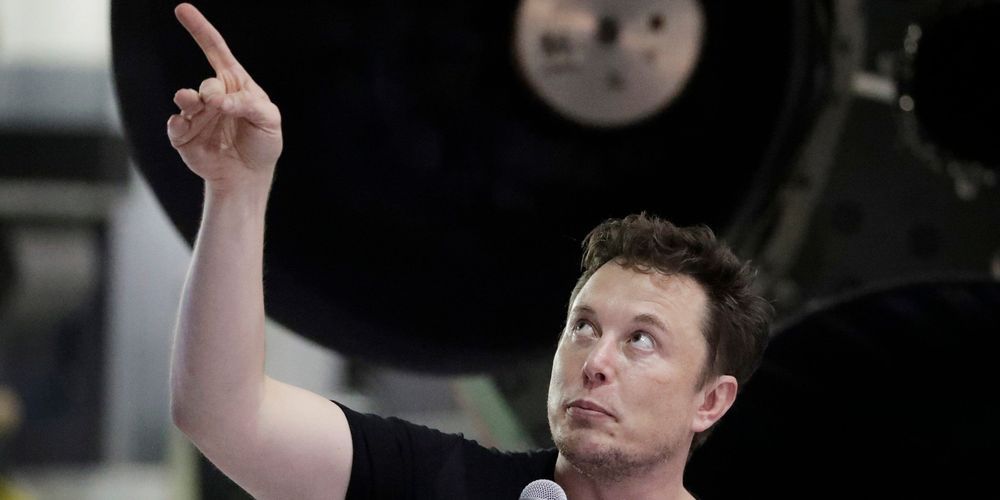
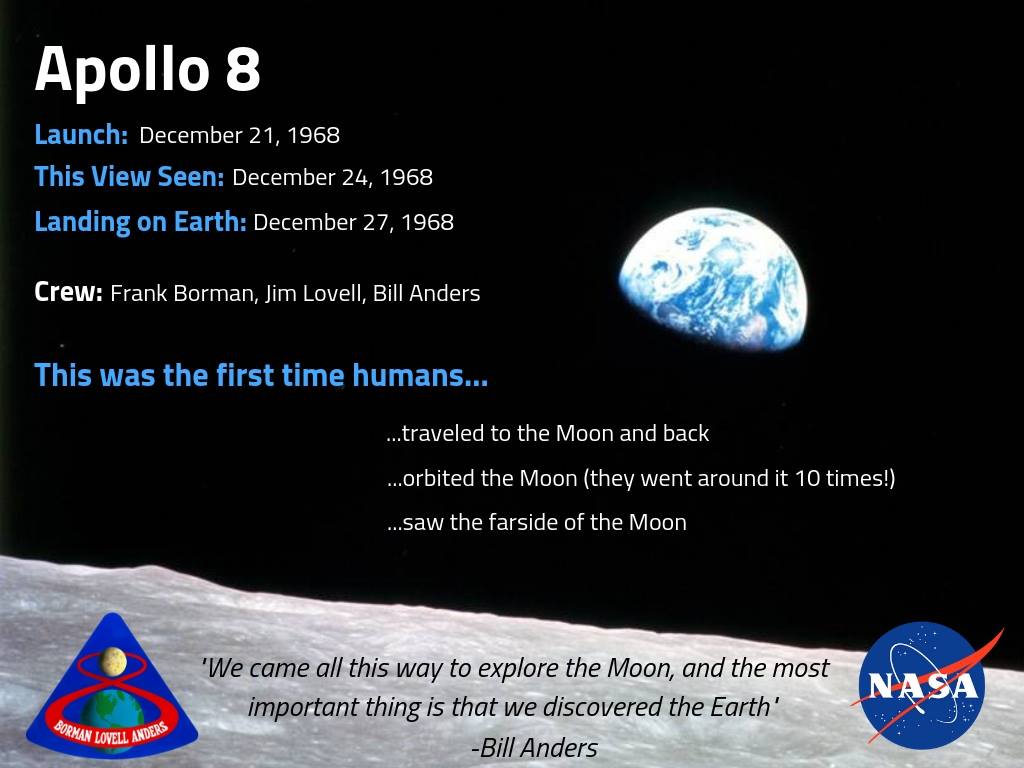
Three days later, on Dec. 24, astronauts Bill Anders, Frank Borman and Jim Lovell became the first people to see the Moon’s far side, did a memorable reading from Genesis and took this famous Earthrise photo. Discover more about our #Apollo50 anniversary: https://go.nasa.gov/2EImzGq
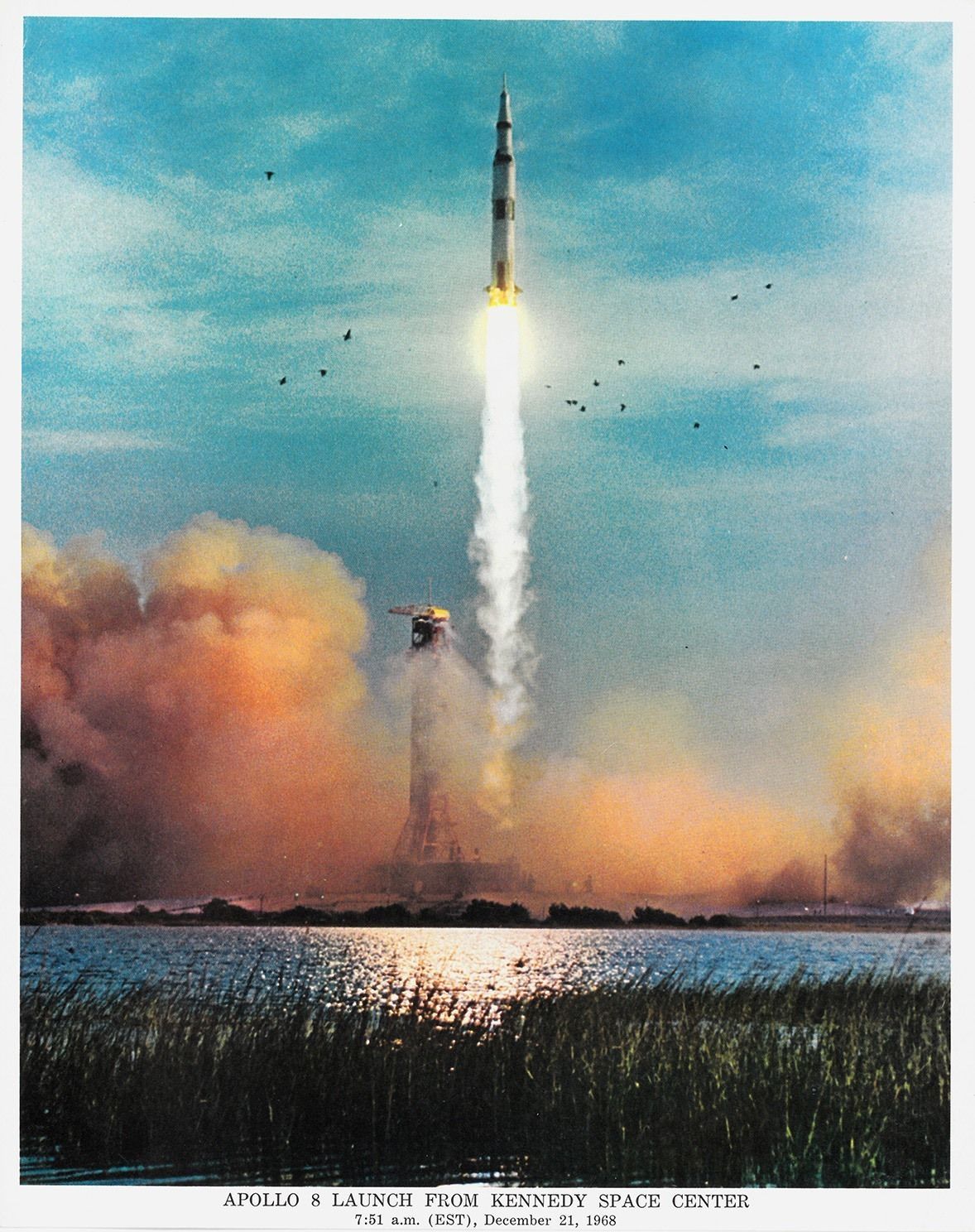
We’re returning to the Moon, to stay, and nine American companies will work on developing technologies to get there. Watch the latest episode of Watch this Space with NASA’s Administrator Jim Bridenstine to learn how we’re going forward to the lunar surface.
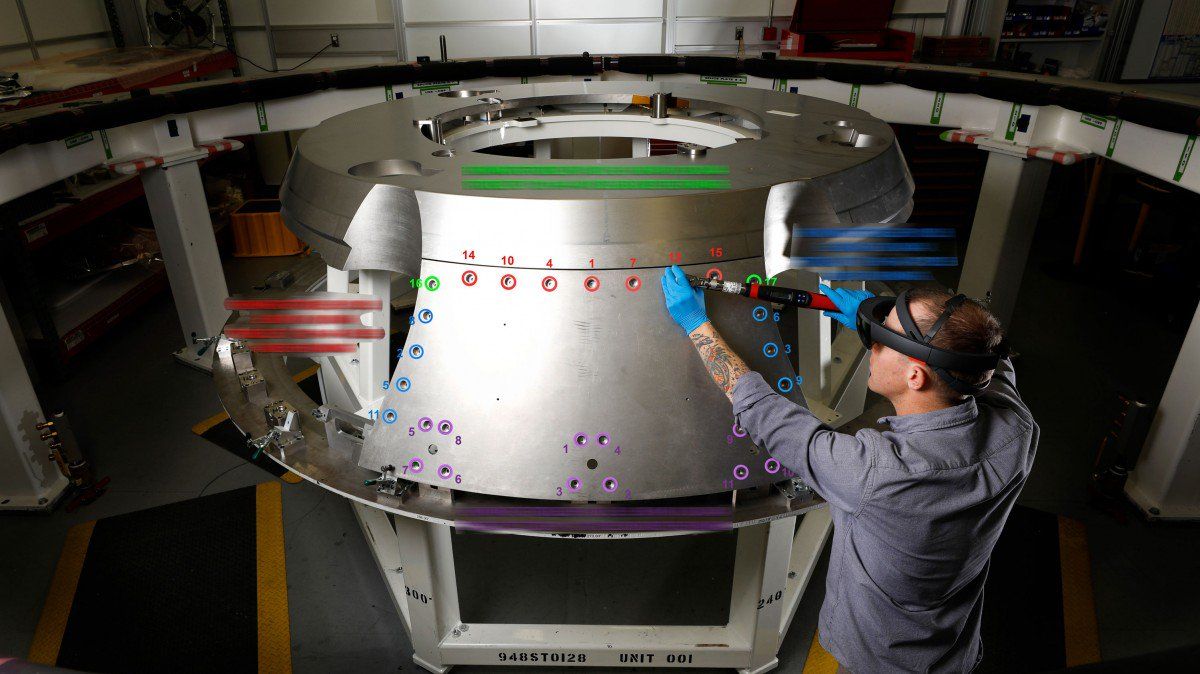
2018 was a huge success! We launched a mission to “touch” the Sun, stuck another nearly flawless #MarsLanding, marked our #NASA60th anniversary of opening our doors for business, welcomed NASA Administrator Jim Bridenstine and began #Apollo50 celebrations! That’s just some of what happened This Year @ NASA — there’s even more at http://www.nasa.gov/2018.